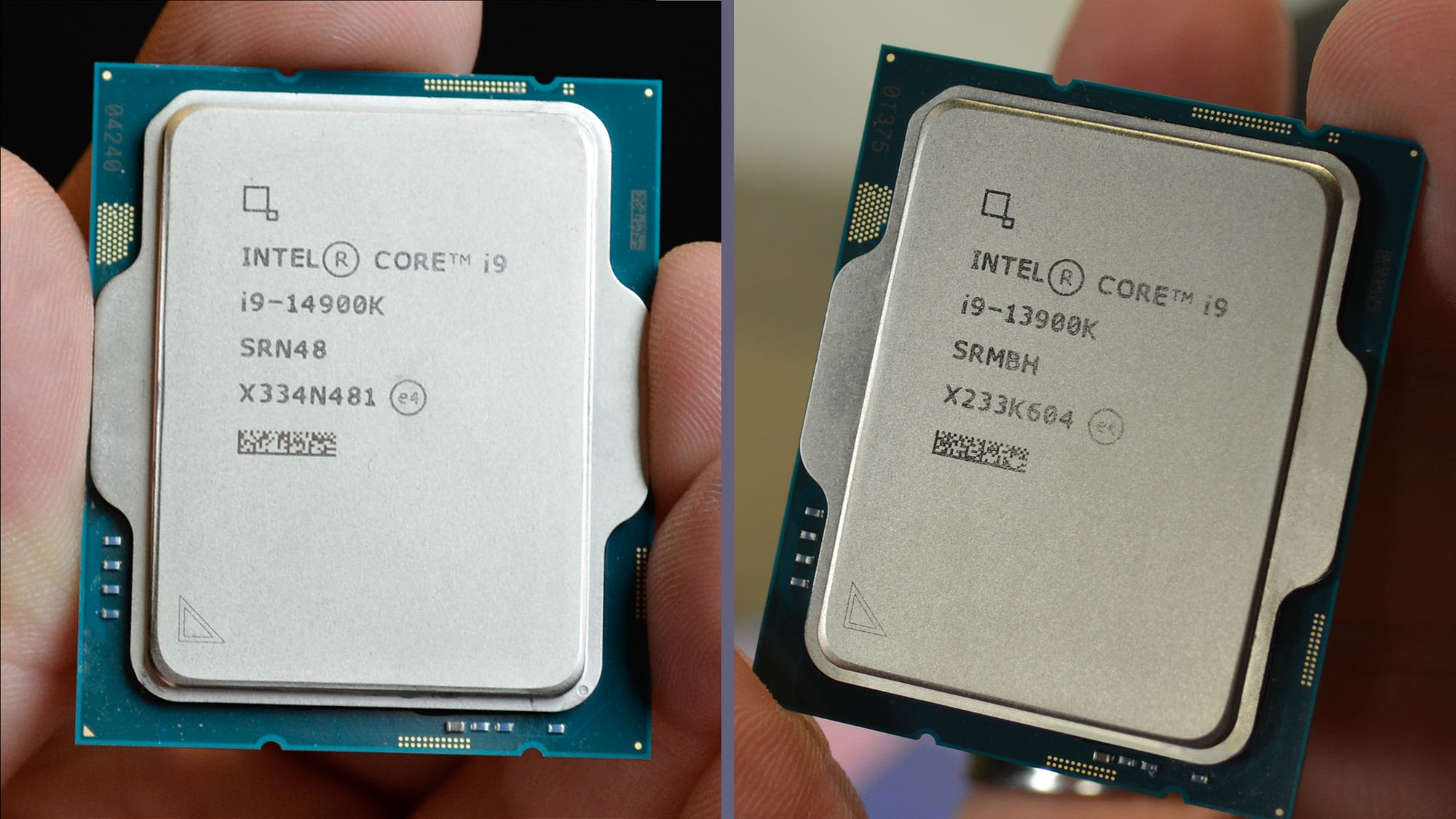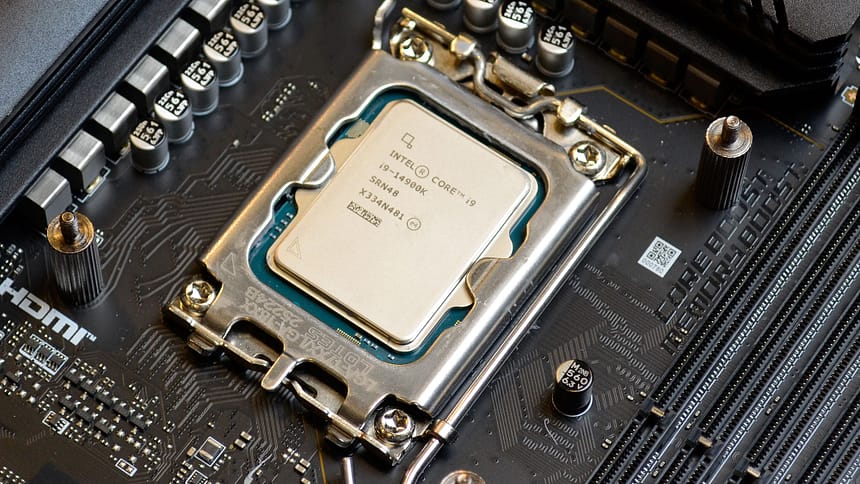- Intel has deployed a new patch for 14th-gen and 13th-gen chips
- This is another fix for the long-running episode around instability problems
- So it seems we weren’t done with fixes for those issues after all, but the new patch is admittedly addressing a niche scenario
Intel has released another update for its processors in the long-running saga of instability issues with its 14th-gen and 13th-gen chips.
VideoCardz pointed out that Intel’s announced the deployment of a new microcode patch (excitingly named ‘0x12F’) for those Raptor Lake and Raptor Lake Refresh CPUs.
This is a supplement to a previous patch (equally catchily dubbed ‘0x12B’) which was rolled out back in September 2024.
In a press release, Intel says: “This new microcode further improves system conditions that can potentially contribute to Vmin Shift Instability on Intel Core 13th and 14th Gen desktop-powered systems.”
In other words, it’s smoothing out further issues relating to elevated voltages that were the main cause of the various crashing nastiness (and chip degradation) with those processors.
Intel further adds that it has released this patch after an investigation into a “limited number of reports” of wonkiness with PCs that are “continuously running for multiple days” in a state of low activity (with just light workloads ticking away).
Intel suggests all affected 14th-gen and 13th-gen chip owners install their latest BIOS update – the next release will contain this patch when it’s provided by their motherboard manufacturer – and promises that it doesn’t slow down performance on the host PC. At least going by Intel’s own internal testing, anyway.

Analysis: A surprise addition
But wait a minute, wasn’t this whole elevated voltage bug already cured? Well, officially, it was. In October 2024, after the last patch before this new one, Intel said the stability problems were fully fixed – but apparently they weren’t. Not quite.
Okay, so to be fair to Intel, this is a niche situation. Not that many folks leave their PC on for days running some kind of light workload constantly, and so this is something that the average user is (presumably) not going to encounter.
That said, maybe you do at least leave your PC on for multiple days at a time – even if it’s mostly not doing anything – and as such, it’ll seem prudent to apply the patch anyway. Besides, there could be other minor side effects stemming from whatever issues this new release fixes up, so I’d recommend – as Intel does – that everyone apply the patch as a matter of course.
Hopefully, as Intel claims, there won’t be any performance impact from installing this patch. But if you’re concerned about that possibility, just wait for independent testing of the microcode update – which will happen soon enough – to confirm that your PC won’t be slowed down by this.
This latest installment in the instability saga does make you wonder if there might yet be further patches deployed by Intel in the future, too.





